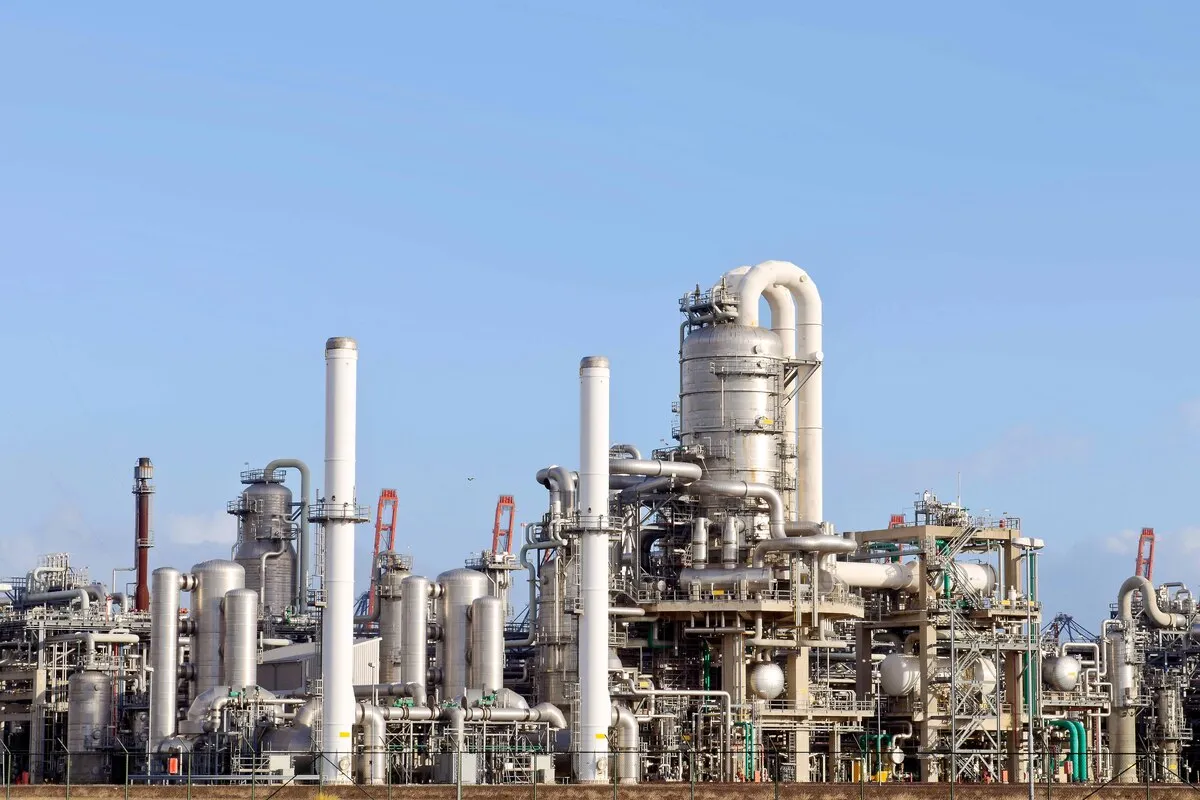Iranian Researchers Recycle 3 Metals Used in Refineries for Catalyst Production

“The catalysts used in the RCD unit contain about 5% to 10% of vanadium, 5% to 10% of molybdenum and 3% to 5% of nickel by weight and these metals are created as a result of absorption in the refining process of petroleum residues,” said Alireza Babayee, a PhD student at Amirkabir University of Technology.
“By conducting this research and chemical separation, we were able to produce vanadium oxide (V2O5), molybdenum oxide (MoO3) and metallic nickel (Ni) with industrial purity,” he added.
Babayee said that the technical know-how of this research can be used in the refineries that consume these used catalysts, or any company that is active in the field of recycling the used catalysts containing vanadium, molybdenum and nickel.
“On the other hand, the products can be used in alloy steel production industries,” Babayee noted.
In a relevant development earlier this year, a group of researchers from a knowledge-based company in Iran designed and made a device that produces a type of fuel named ‘Black Oil’ and vanadium with a purity level of 98% from the waste of fossil power plants.
Parviz Norouz Mehr, a senior expert at the research and development (R&D) unit of the company, described comprehensive environmental management as the research field of the company, and said, “Mainly, we have made research in the field of producing vanadium and valuable metals from power plants’ waste, making waste management smarter and building a pilot and advanced machine in a green process that has been put into operation.”
“The pyrolysis device produced in this company has been designed to convert waste into fuel in a way that the waste enters the device and is broken down indirectly in the absence of oxygen, and its hydrocarbon materials turn into liquid fuels and valuable materials,” he explained.
“The fuel obtained from this device can be burned, and the extracted valuable materials are capable of being separated and recovered,” Norouz Mehr said.
“According to the researchers of the company, vanadium with a purity level of 98% is one of the valuable metals that was separated from the waste of power plants which has applications in production of catalysts and food and pharmaceutical industries,” he added.
4155/v





















